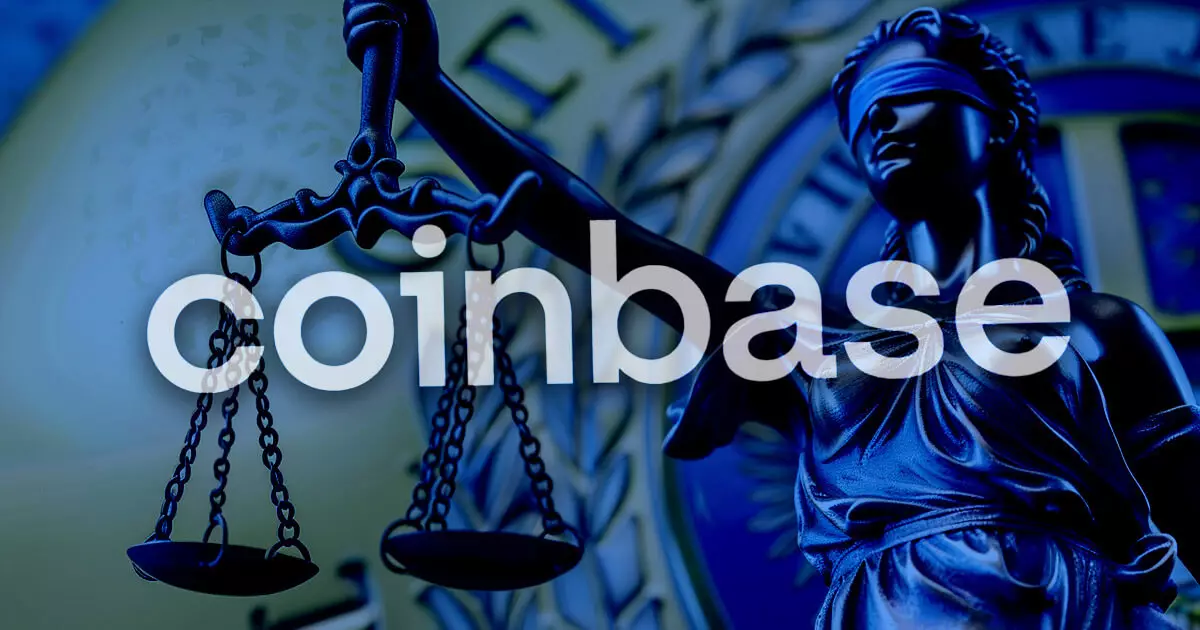In a significant development for the cryptocurrency ecosystem, Coinbase has taken a bold step in its legal battle with the US Securities and Exchange Commission (SEC). The company has filed a motion for partial summary judgment, which signifies that it seeks immediate judicial consideration of specific aspects of its lawsuit. At the heart of this confrontation lies Coinbase’s request for access to the SEC’s internal documents. These documents are believed to contain information that could reveal the agency’s enforcement strategies and its overall stance on regulatory matters concerning the cryptocurrency industry.
This litigation arises from the SEC’s denial of certain Freedom of Information Act (FOIA) requests. Coinbase had enlisted History Associates, a research firm, to seek clarity on the SEC’s regulatory stance toward digital assets. The SEC initially relied on FOIA Exemption 7(A), which shields documents related to ongoing law enforcement actions. However, as the legal wrangle unfolded, the agency acknowledged that this exemption might no longer apply. Despite this admission, the SEC still proposed a three-year delay for document review, claiming the need for further inspection of the records. This prolonged timeline has raised eyebrows, particularly from History Associates, which argues that the SEC’s justifications for delay lack merit.
In response to the SEC’s procedural foot-dragging, Coinbase has introduced a dual-layer approach aimed at expediting the review process. The company suggests prioritizing internal SEC communications before addressing third-party records, indicating a strategic pivot that underscores its urgency in seeking clarity on regulatory issues. As these discussions evolve, they highlight a significant gap in the SEC’s regulatory framework for cryptocurrencies. Notably, the lack of definitive guidelines on what constitutes a security remains a pressing concern for companies operating in the crypto space.
Central to Coinbase’s legal strategy is the request for information surrounding Ethereum’s transition from a proof-of-work to a proof-of-stake consensus mechanism. Furthermore, inquiries into the SEC’s past enforcement actions, such as the case against Zachary Coburn, founder of EtherDelta, illustrate how historical precedents will influence current regulatory interpretations. Coburn’s encounter with the SEC set a critical precedent in which he was charged with running an unregistered national securities exchange, resulting in a significant financial settlement.
The ongoing lawsuit represents more than just a single company’s battle with a regulatory body; it embodies a larger contention between the cryptocurrency industry and traditional regulatory frameworks. Many stakeholders within the crypto space view the SEC’s actions as an overreach of power, potentially stifling innovation and growth. As Coinbase challenges the SEC’s regulatory authority, the outcome of this legal confrontation could reshape the future dynamics of crypto regulation, ultimately dictating how blockchain technology and digital assets fit into the broader financial landscape.
Coinbase’s proactive legal actions against the SEC signal not only a fight for clarity and fairness but also set the stage for a critical examination of regulatory practices governing emerging digital technologies.
















Leave a Reply